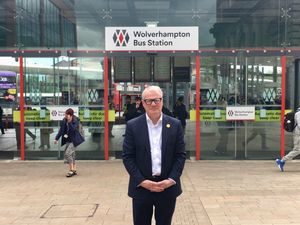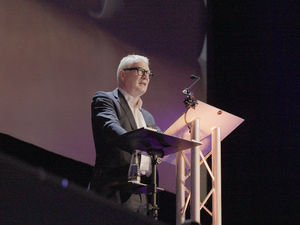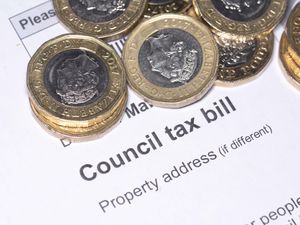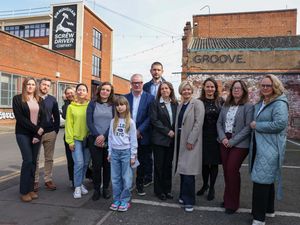Sandwell Council urged to axe plans to bring in parking charges for workers
Union bosses remain hopeful Sandwell Council will make a u-turn on plans to bring in parking charges for 1,000 council workers.
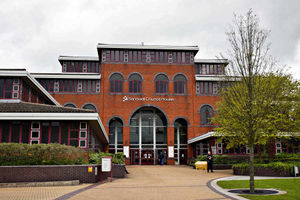
Employees at the authority will be forced to pay for parking while at work in a revamp of parking charges across the borough.
However, UNISON Sandwell's joint branch secretary Tony Barnsley said he retains hope the council will see sense and axe the planned shake-up.
The workers currently do not have to pay to leave their cars parked at the main council house off West Bromwich Street, Oldbury.
But hundreds of employees face having to pay £4 a day, or up to £240 a year under the scheme.
A petition opposing the plan signed by 711 workers was presented to the council at its latest cabinet meeting.
Mr Barnsley told the Express & Star: "We collected 667 names in 48 hours and that gives a sense of the feeling amongst our membership.
"Normally we don't get that kind of response that quickly and we hope the council considers the strength of feeling so hopefully they take our points of view on board.
"We asked if they would exclude Sandwell Council House from the consultation but at the moment they're not doing that.
"That was built as a staff car park and is a staff car park.
"The public aren't going to park there and the council pays rates as a staff car park."
Off-street parking charges across the borough would be set at 40p an hour under the new plans, which would come into effect as soon as possible in the new financial year.
Council leader Darren Cooper admitted that the authority is stuck between a rock and a hard place when discussing the plans last month.
He said: "We're having to make very difficult decisions...
"Would we be doing this if we didn't face the cuts we're facing? We wouldn't.
"It's an impossible choice for us – we're doing all we can to protect front line services that are most important to people.
"We're damned if we do and damned if we don't."
Sandwell Council is looking to save up to £40 million from its budget which has already been reduced by £132 million since 2010.


